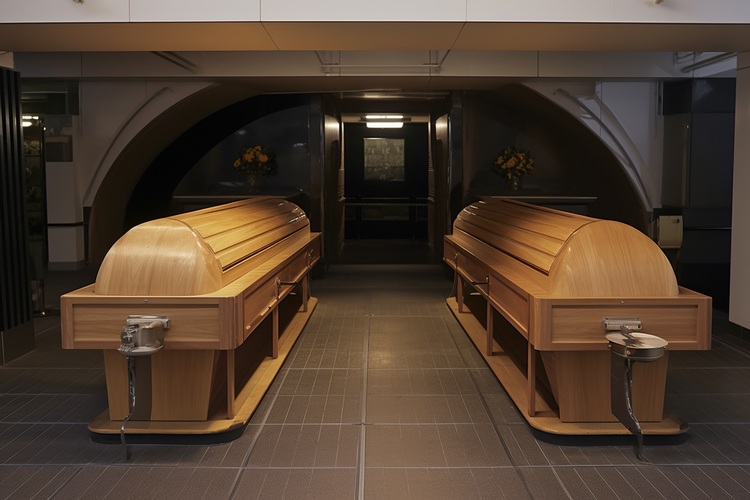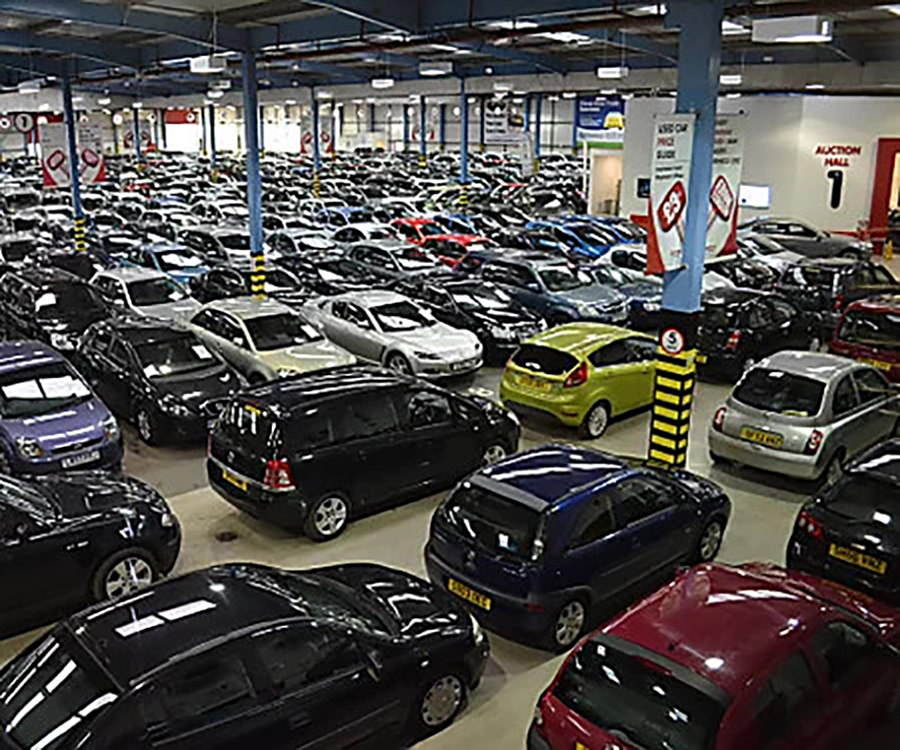Understanding Cremation Services in the UK
Cremation services have become increasingly popular in the United Kingdom, with over 77% of families choosing this option for their loved ones. This comprehensive guide explores the essential aspects of cremation, from understanding the process itself to comparing costs and service providers. Whether you're planning ahead or making arrangements during a difficult time, having clear information about cremation services can help you make informed decisions that align with your preferences and budget.

What Happens During Cremation
The cremation process involves several carefully regulated steps designed to treat the deceased with dignity and respect. Initially, the body is placed in a specially designed cremation chamber, also known as a retort, where temperatures reach between 760-1150°C. The entire process typically takes between 1-3 hours, depending on various factors including body size and composition.
Before cremation begins, any medical devices such as pacemakers are removed for safety reasons, and the body is placed in an appropriate cremation container or coffin. The process is closely monitored by trained technicians who ensure all regulations are followed. After cremation, the remains are carefully processed and placed in an urn or container, which is then returned to the family typically within 2-5 working days.
Cremation Equipment Technology
Modern cremation facilities utilise advanced technology to ensure efficient and environmentally conscious operations. Contemporary cremators feature sophisticated filtration systems that significantly reduce emissions, with some facilities achieving near-zero visible emissions. These systems include afterburners that operate at extremely high temperatures to eliminate pollutants.
Many crematoria now employ computerised control systems that monitor temperature, oxygen levels, and emission outputs throughout the process. Some facilities have introduced mercury abatement technology to capture mercury emissions from dental amalgam, while others use heat recovery systems to reduce energy consumption. These technological advances have made cremation more environmentally sustainable while maintaining the highest standards of operation.
Direct Cremation Services
Direct cremation represents a simplified approach to cremation services, focusing solely on the cremation process without additional ceremonies at the crematorium. This option typically includes collection of the deceased, necessary paperwork, and the cremation itself, without a traditional funeral service beforehand.
Families choosing direct cremation often prefer to hold memorial services at alternative venues or at times that better suit their needs. This approach allows for greater flexibility in planning celebrations of life while often providing a more cost-effective solution. Many direct cremation providers offer transparent pricing and streamlined processes, making arrangements simpler during difficult times.
Cremation Service Providers
The UK cremation industry includes various types of service providers, from local authority-operated crematoria to private facilities and funeral directors. Local authority crematoria often provide community-focused services with competitive pricing, while private facilities may offer extended hours and additional amenities.
Many funeral directors work in partnership with crematoria to provide comprehensive services, handling everything from initial arrangements to final ceremonies. Some newer providers specialise exclusively in direct cremation services, offering simplified processes and often lower costs. When selecting a provider, consider factors such as location, available time slots, facility quality, and additional services offered.
Cremation Cost Comparison
Understanding cremation costs helps families budget appropriately and compare options effectively. Basic cremation fees vary significantly across the UK, with location being a primary factor in pricing variations. Additional costs may include doctor’s certificates, crematorium fees, and optional services such as flowers or memorial books.
| Service Type | Provider Example | Cost Estimation |
|---|---|---|
| Basic Cremation | Local Authority Crematorium | £400-£800 |
| Direct Cremation | Pure Cremation | £995-£1,295 |
| Full Service | Co-op Funeralcare | £3,000-£4,500 |
| Direct Cremation | Simplicity Cremations | £995-£1,195 |
| Traditional Service | Dignity Funerals | £3,500-£5,000 |
Prices, rates, or cost estimates mentioned in this article are based on the latest available information but may change over time. Independent research is advised before making financial decisions.
Choosing Cremation Services in Your Area
When selecting cremation services locally, research multiple providers to understand available options and pricing structures. Many crematoria offer viewing facilities where families can see the facilities and meet staff members. Consider factors such as appointment availability, as popular time slots may be limited, particularly during peak periods.
Location convenience matters for family members who will attend services, so consider accessibility and parking facilities. Some families prefer newer facilities with modern amenities, while others value established crematoria with historical significance. Reading recent reviews and speaking with funeral directors can provide insights into service quality and customer experiences with different providers.
Cremation services continue evolving to meet changing family needs and preferences. Whether choosing direct cremation for its simplicity and cost-effectiveness or traditional services with full ceremonies, understanding your options enables better decision-making. Take time to research providers in your area, compare costs transparently, and consider what approach best honours your loved one while meeting your family’s practical and emotional needs.




